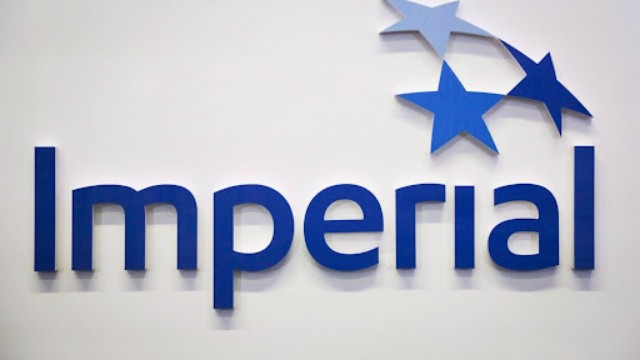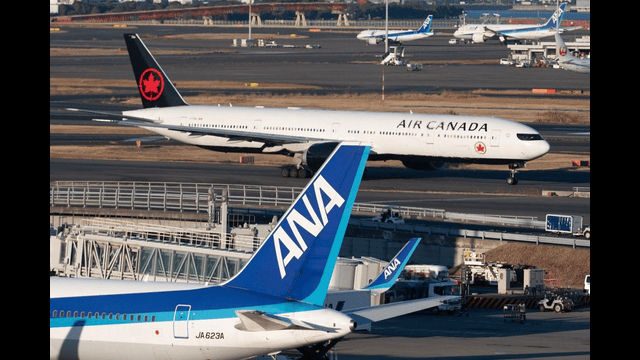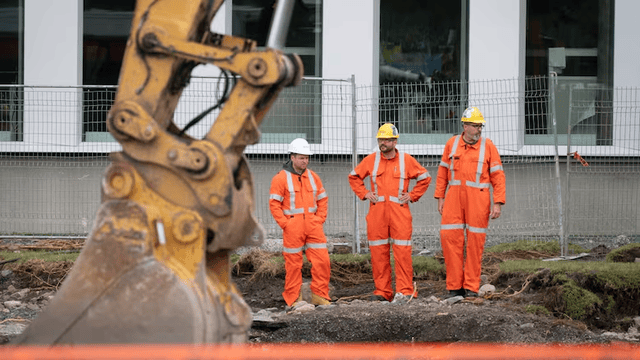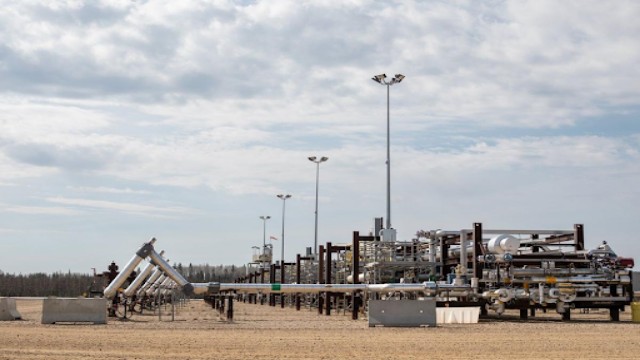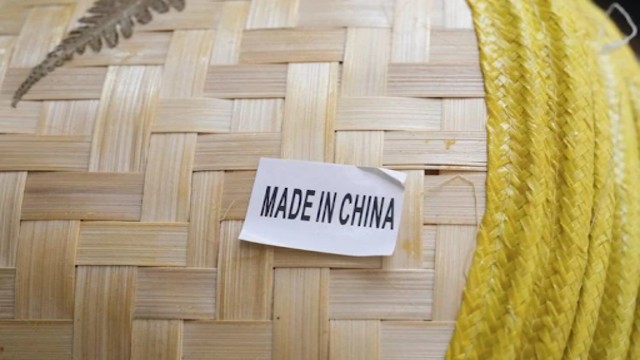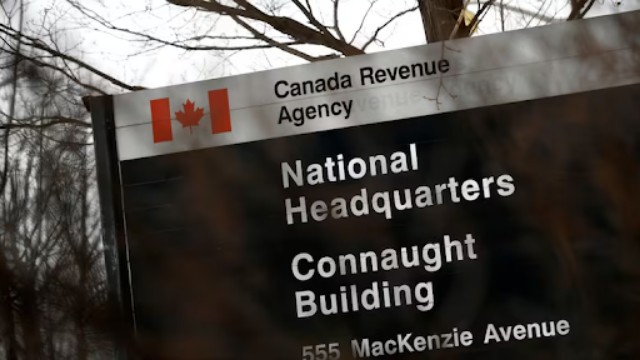
A group of wealthy Canadians say they believe they should be contributing more in taxes to the Canada Revenue Agency. (Justin Tang/The Canadian Press)
A group of Canadian millionaires is making headlines—not for dodging taxes, but for urging the government to tax them more. Known as the "Patriotic Millionaires," these high-net-worth individuals believe Canada needs a fairer tax system that holds the ultra-rich more accountable.
Inspired by similar efforts in the U.S. and U.K., this Canadian chapter is calling for stronger taxes on wealth and capital gains. They argue that average workers, like nurses and teachers, pay more of their income in taxes than wealthy investors who benefit from loopholes in the system.
Claire Trottier, the chair of the Canadian group, said tax fairness should be a global issue. “Every country should examine its tax structure to ensure it's balanced,” she told CBC News. The group plans to release a study this June, comparing G7 tax policies and their impact on national revenues. With Canada hosting the 2025 G7 Summit, they see an opportunity to spark international reform.
But not everyone is on board. Critics warn that higher taxes on the rich could push businesses and entrepreneurs out of Canada. John Ruffolo, a prominent venture capitalist, argues such changes might signal that Canada no longer welcomes wealth or innovation.
Despite opposition, the group aims to shift public thinking and pressure lawmakers into action. Their executive director, Dylan Dusseault, emphasized that their mission is about more than just policy—it’s about changing the national narrative around wealth and fairness.
Interestingly, former U.S. President Donald Trump has also voiced lukewarm support for taxing the rich—though his comments were quickly walked back. Dusseault wasn’t surprised, stating that many wealthy figures, including Trump, often avoid income taxes altogether by not reporting traditional income.
One of the group’s members, Avi Bryant, a tech entrepreneur based in British Columbia, believes stronger taxes can actually make Canada more appealing. “We need strong social services and livable communities to attract top talent,” he said.
The Liberal government had earlier proposed capital gains tax reforms, but after backlash, Prime Minister Justin Trudeau’s team backed away. Opposition from the business community and conservative lawmakers played a key role in shelving the plan.
Tax law expert David Duff from UBC said politicians remain cautious, especially amid economic uncertainty. Raising taxes on the rich might not bring massive revenue, but he believes it sends a strong message about fairness.
Some argue that philanthropy should replace taxation, allowing the wealthy to give freely. But Trottier disagrees. As someone involved in major charitable work, she says voluntary donations can’t replace systemic responsibility. “We can't rely on the goodwill of a few to solve societal inequality,” she stated.
Canada's income gap has widened to record levels in 2024, largely driven by rising investment income. The Patriotic Millionaires argue it's time to fix a system that favours the wealthy, warning that unchecked inequality threatens democracy itself.


